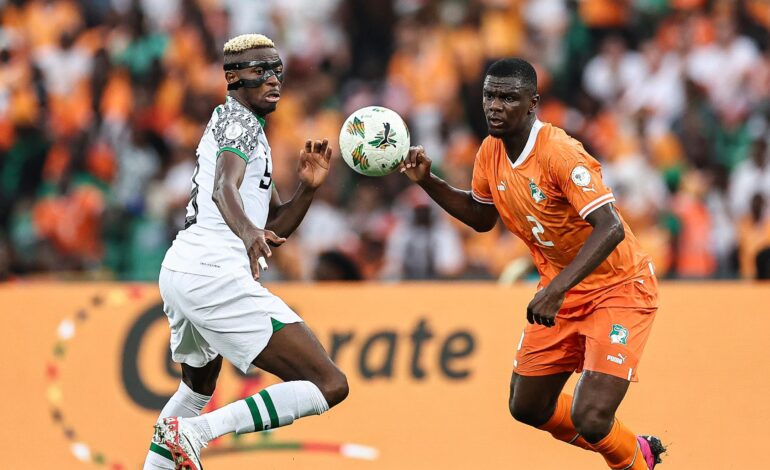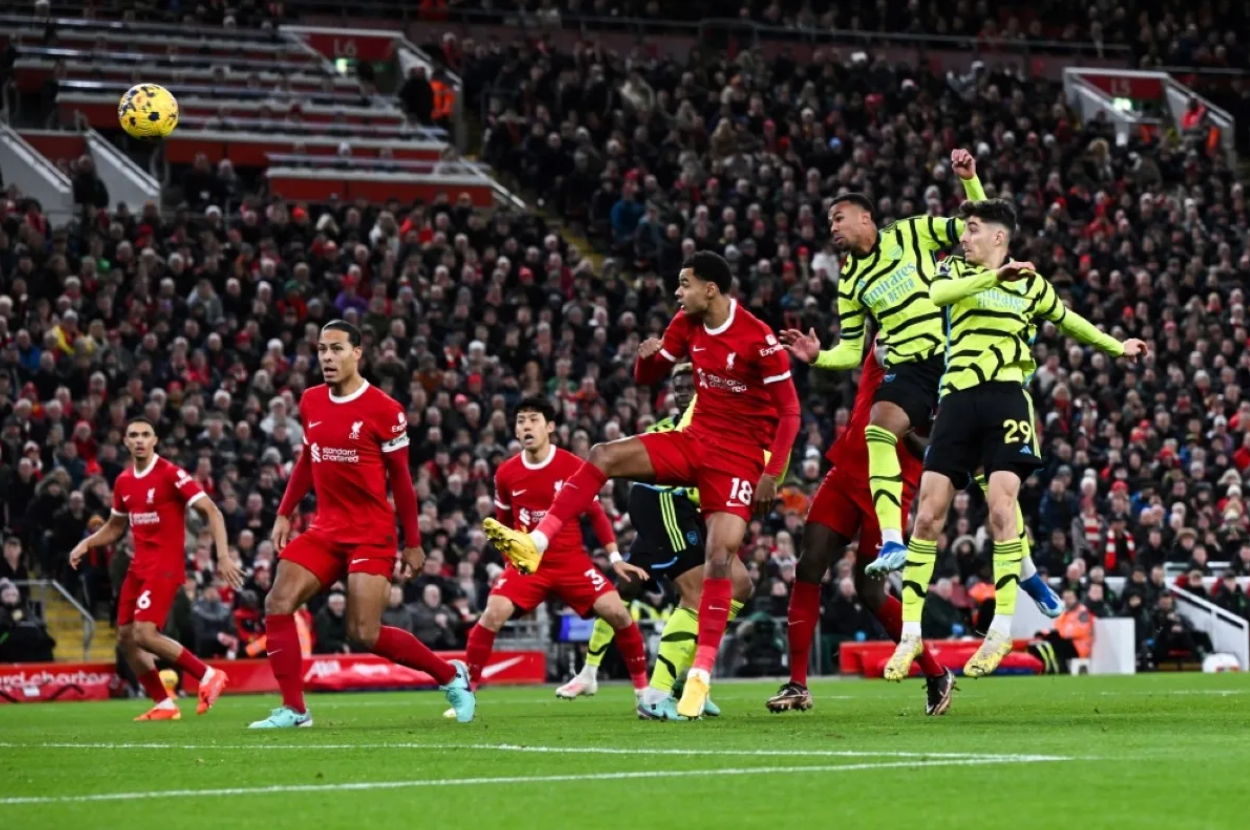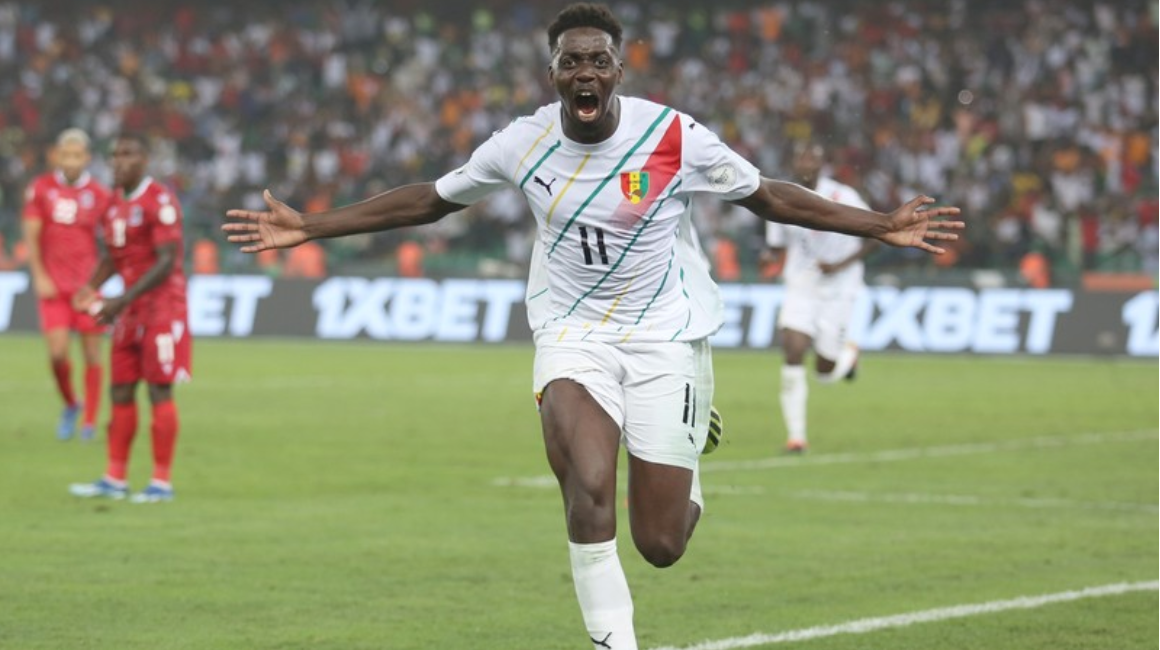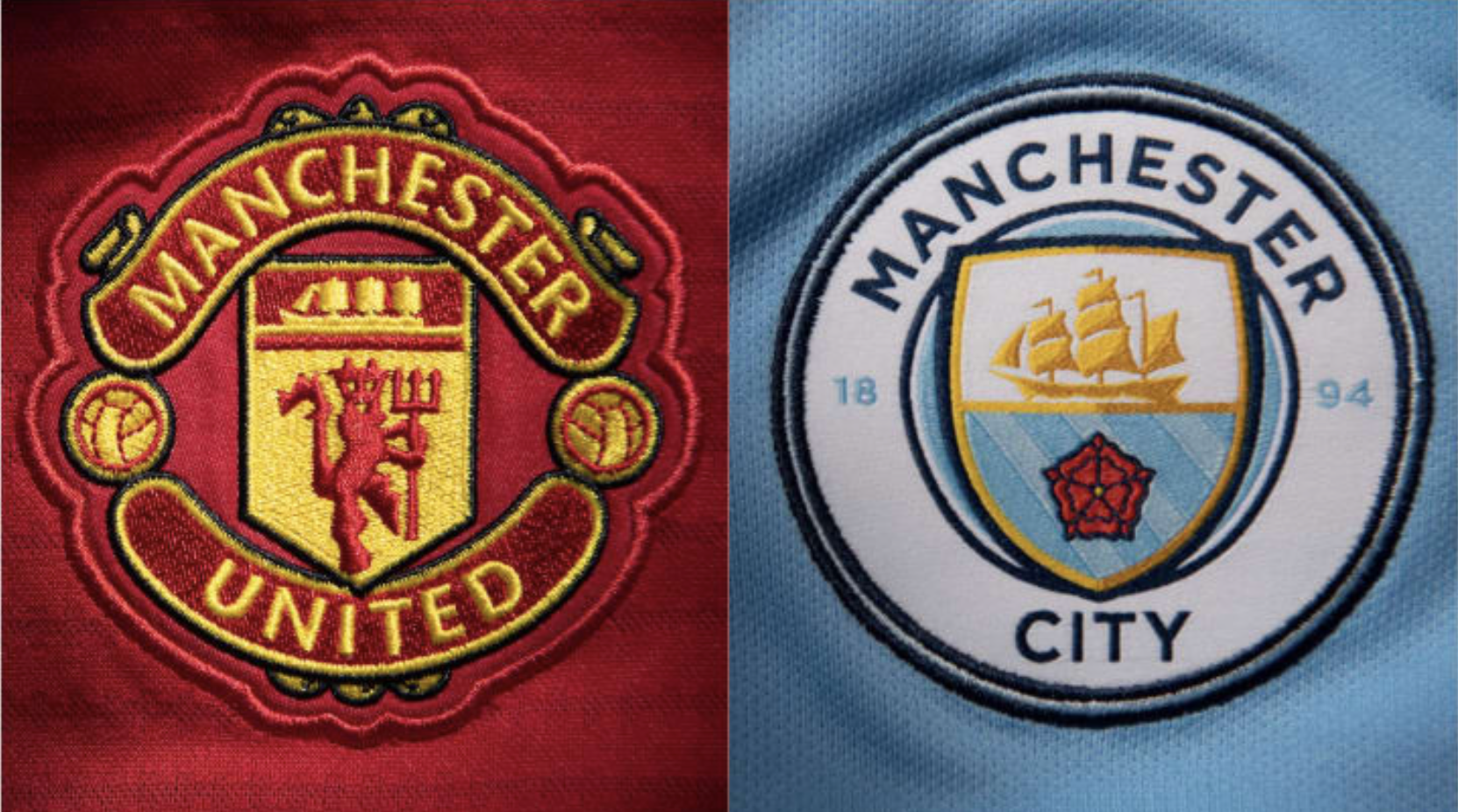This edition of the African Cup of Nations has been the best in its history and one of the best international football tournaments in recent years. Upsets left and right, moments of madness on and off the pitch and goals galore – this AFCON having the highest goal count in the history of AFCONs – all came to a head on Sunday as the hosts, Ivory Coast took on Nigeria at the Alassane Ouattara Stadium in Abidjan for the finale of the tournament and it did not disappoint.
The Comeback Story
Ivory Coast have just pulled off one the greatest turn arounds in a tournament ever seen. Les Elephants started abysmally in the group stage games, winning won and losing the next two to finish in third behind Equatorial Guinea and eventual finalists, Nigeria. The Ivorian Football Association were extremely disappointed in the performances and understandably so, given the esteemed history of the Ivorian Football team, the quality of players being some of the best in the competition and the fact that they were hosts. In fact, they were so appalled that they fired the former manager, Jean-Louise Gasset the following morning of the embarrassing loss to Equatorial Guinea, without confirmation that they would be one of the four best third place teams to qualify from the groups to the knockout phase. Upon learning the news that they had qualified and would continue in the tournament, they urgently searched for a new manager. Former AFCON winning coach Hervé Renard was the first option, but when he was deemed unavailable, they promoted Emerse Faé, a former player of the international team, who worked under Gasset as an assistant manager, was promoted to coach the team for the remainder of the tournament.

Photo: Sia Kambou © Getty Images
After the group stage was a clash of titans between the hosts and the holders, Senegal, and the hosts almost immediately found themselves 1-0 down after 4 minutes, until late on when substitute Nicolas Pepe won a penalty that Franck Kessié converted. 1-1 was the score after 90 minutes and the game was eventually won by Côte d’Ivoire by way a of a penalty shootout.
That was followed by a thriller against Mali; who found themselves up one man after 45 minutes when Odilon Koussounou was sent off after being given a second yellow for a rather needless foul, and up a goal when Nene Dorgeles curled a stunning effort into the top right corner and refused to celebrate due to being born in Ivory Coast. However, the hosts refused to succumb the odds that were stacked against them as Simon Adingra poked a loose ball in the box into the goal in the final minute of regular time, which later inspired his teammate Oumar Diakité to win the game via a clever back heel flick from Seko Fofana’s strike; putting the hosts into the semifinal despite being a man down for 75 minutes of playing time. After staring elimination in the face two times in the same tournament, Ivory Coast survived again.
The semifinal against DR Congo was less exciting than the previous game, it ended 1-0 in favour of the hosts with Sebastian Haller scoring a ridiculous volley that he struck into the ground and looped over Mpasi, the Congolese keeper. It was one of those goals that would be difficult for even him to replicate if he tried it a hundred different times.
In a matter of 16 days, this tournament went from one of the worst stories in Ivorian football history to the best. Everything was looking well for Les Elephants as they marched their way into the final.
The Super Eagles Soar into the Final
Nigeria’s road to the final was much less spectacular. The team treated this AFCON as if it was a business trip, turning up to games and executing performances that were just good enough to win. With manager Jose Peseiro’s heavy emphasis on defending, the Super Eagles were set up with a five man defence, with majority of their chances coming from bursting counter attacks down the wings. They only conceded two goals all tournament and the largest margin they won a game by 2 goals in their 2-0 win against Cameroon in round of 16; and they continued to go from strength to strength with each game in the tournament, as they progressed to the semifinal with a routine 1-0 win against Angola in the quarterfinal.
South Africa revealed the chinks in the Nigerian armour in their semifinal by exploiting the undermanned midfield, completely by passing them by playing long balls directly to the forwards and placing instant pressure on the defence. William Troost-Ekong opened the scoring from the penalty spot midway through the second half until South Africa’s efforts finally paid off when they also won a penalty at the death, which was converted by Teboho Mokoena, sending the game to extra time and penalties in which Nigeria came out victorious.
The Final
Nigeria came into the Sunday’s final as the favourites given their opponent’s shaky start to the competition in addition to their 1-0 win over the hosts in the group stage, but one wouldn’t easily notice given how the majority of the game went. Nigeria stuck to their identity of defending first, but in doing so relinquished so much possession to Ivory Coast, giving the hosts all the opportunities to boss the Nigerian midfield which was only occupied by Iwobi and Onyeka, to Côte d’Ivoire’s Seri, Kessié and Fofana. The hosts dominance was very plainly illustrated by the main stats, with them boasting eight shots on target to Nigeria’s one, 355 passes to Nigeria’s 185 and 1.85 expected goals to a mere 0.29 from Nigeria. Although despite the bombardment Nigeria opened the scoring before half-time from a set piece when the cross was flicked on at the near post and met by a rising Troost-Ekong who headed into the goal. A fairly scrappy goal that matched the performance, after all up to that point the whole game had virtually been played in their half.

Photo: Issouf Sanogo © Getty Images
After the break, the pressure continued from the hosts and Nigeria continued to soak it up, Simon Adingra on the left wing was giving Nigerian wing back Ola Aina a lot of grief throughout the second half especially. Ola Aina, who’d had a great tournament before the final, and had easily been one of Nigeria’s best performers; however, the lack of possession for the Nigerian team combined with the constant stress put on the midfield and back line all caught up to Nigeria and the hosts equalized, also from a corner kick, and Frank Kessié arrived at the back post and nodded the ball home.

Following the equalizing goal, the momentum that the hosts had only grew heavier, with the crowd in the stadium galvanized, any Nigerian fans present may as well have not been there. The offensive onslaught carried on and on and on and it became clear that Nigeria’s game plan divulged to digging their heels in defensively and to take the game to a penalty shootout, where the odds of them winning would be much more level than in open play. Unfortunately for the Super Eagles, their hopes wouldn’t come to fruition, with 10 minutes of regular time left to play, Adingra again beat Aina on the left hand side with clever skill before sending in a left footed cross which striker Sebastian Haller somehow poked home with the studs of boots. An incredibly difficult and impressively inventive finish. He was beyond the near post with a defender on his right shoulder, it seemed as if the technique he used was the only way he could score in that situation.
And with that the hosts held on for the remaining of the 90 plus added time to be crowned the Champions of Africa, winning the trophy for the third time, levelling their tally with their finale opponents, Nigeria, thus completing this absurdly romantic and awe inspiring turn around.

But even more inspiring and probably the biggest story of the tournament, is the story of the scorer of the winning goal, Sebastian Haller. Just less than two years ago during the summer of 2022, shortly after joining Borussia Dortmund from Ajax, he was diagnosed with testicular cancer. He immediately withdrew from the team in order to start recovery. After two surgeries and four rounds of chemotherapy treatment, he was officially rules cancer free and resumed training just 6 months later in January of 2023. And now just a year later, he’s the scorer of the winning goal of an AFCON final, a true football fairy tale ending.

Photo: Franck Fife






